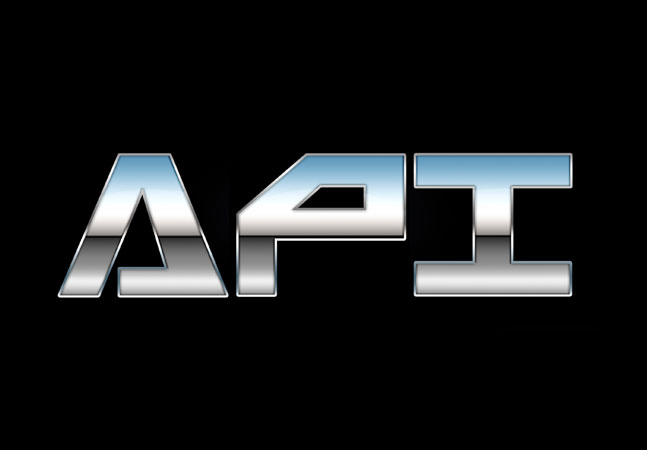
Microsoft shipped .NET 6 Preview 6, saying the penultimate preview before the Release Candidate stage represents the last chance for developers to influence the release with actionable feedback.

This week's Microsoft Inspire 2021 event focuses on the company's partner ecosystem, but it also provides cloud developers with news about the Event Grid for serverless computing and Azure Kubernetes Service.

Microsoft has shipped a TypeScript v4.4 beta release, with new features ranging from performance improvements to spelling suggestions for JavaScript.

Google released a Visual Studio extension for creating gaming apps for Android, targeting C++ developers.

As Xamarin is being evolved into the new .NET MAUI mobile/desktop dev framework, Microsoft last week explained features such as a new command-line SDK workload installation experience during what the company called "The Final Xamarin Podcast."

The regular monthly update to Java tooling on Visual Studio Code is light on new features but does provide a peek into future plans, which include improving the fundamental inner loop experience, security, remote development and much more.

The June 2021 update to Visual Studio Code (v1.58) improves the Workspace Trust feature introduced in the previous monthly update, while boosting Jupyter functionality and allowing terminals in the editor led other improvements.

After the Visual Studio Code dev team introduced Workspace Trust in last month's regular update, it recently published guidance to explain the reasoning behind giving users the option to restrict automatic code execution in the open source-based, cross-platform code editor.

Developers can be finicky about what themes round out their perfect VS Code setups, so we're listing the top options available now -- those with more than 1 million installations.

Amazon Web Services offers up a remote development setup for Visual Studio Code developers that involves an SSH connection to leverage the AWS Cloud9 IDE and other functionality.

Microsoft's Java on Azure team announced the integration of New Relic One performance monitoring in Azure Spring Cloud, used to deploy Spring Boot–based microservice applications to Azure.

"Let's see the question we're all wondering ... can this replace our jobs?" said a Reddit reader commenting on the site's thread for GitHub Copilot, an "AI pair programmer" unveiled as a technical preview this week.

Microsoft is seeking developer feedback on accessibility, seeking to go beyond "good enough" with possible new features like focus mode, audio cues and more.

A new "AI pair programmer" represents a breakthrough in the third revolution of software development: the use of AI in coding, says GitHub CEO Nat Friedman.

ML.NET -- an open source, cross-platform machine learning framework for .NET devs -- now works on ARM64 and Apple M1 devices, and on Blazor WebAssembly, with some limitations for each.

Microsoft published new products to help with developing apps for and on Windows 11, including an updated driver kit, a new assessment and deployment kit, and ARM64EC ("Emulation Compatible"), a new way to build apps for Windows 11 on ARM.

In announcing Windows 11, Microsoft said a more open Microsoft Store ecosystem will provide more opportunities for developers.

Developers can now set an application-wide default font for WinForms projects with a new API.

A new update to Infragistics UI/UX tooling enhances many components that target .NET-centric developers, including Blazor, Windows Forms, Windows Presentation Foundation (WPF) and more.

Some six years in the making, an effort to quicken app startup times in Entity Framework Core via compiled models has been realized in the new v6.0 Preview 5.